Specifications
| book-author | Juan Ramirez |
|---|---|
| publisher | Wiley; 2nd edition |
| file-type | |
| pages | 764 pages |
| language | English |
| asin | B014SZYVPW |
| isbn10 | 1118817974 |
| isbn13 | 9781118817971 |
Book Description
The second edition of Accounting for Derivatives: Advanced Hedging under IFRS 9 provides an explanation of the anticipated accounting effects of a proposed transaction on derivatives strategy. This explanation is in accordance with the rules established by IFRS 9. This PDF document was written by an advisor for one of the Big Four accounting firms, and it presents the author's insights gained through working with corporations to minimize the impact of hedging with derivatives on earnings volatility. The second version of this book includes new chapters on hedging inflation risk and stock options, as well as new instances on unique hedging scenarios, such as hedging components of commodity risk. This new edition additionally covers the accounting treatment of unusual derivatives scenarios, such as raising finance through commodity-linked loans, derivatives on own shares, and convertible bonds. In addition, this new edition has several corrections and clarifications throughout. The PDF textbook makes considerable use of cases, which simulate a particular hedging strategy from the time it is conceived to the point at which it is fully developed following a consistent format. Instruments such as forwards, cross-currency swaps, swaps, and combinations of standard options are covered, in addition to more complicated derivatives such as knock-in forwards, range accruals, KIKO forwards, and swaps in arrears. Coverage also covers combinations of standard options.
The expert guide to the application of IFRS 9 written for derivative practitioners
According to the International Financial Reporting Standards (IFRS), derivatives that do not meet the criteria for hedge accounting may considerably increase earnings volatility. To apply hedge accounting in a way that is compliant with the rules and markets, one needs to have competence in both of these areas, as well as a good balance of accounting knowledge and knowledge of derivatives. This ebook helps bridge the difference by giving in-depth coverage of IFRS from the perspective of practical application.
As the final goal, you should aim to challenge the qualification for hedge accounting.
- Acquire a working knowledge of the most common hedging instruments from the point of view of IFRS 9.
- Investigate the possibility of foreign exchange risk as well as hedging earnings, dividends, and the net assets of foreign subsidies.
- Become familiar with the latest requirements on the hedging of commodities, stocks, inflation, and both domestic and international liabilities.
IAS 39 is going to be replaced by IFRS 9, and as a result, many practitioners will have to modify their accounting practices and hedging techniques in order to comply with the new standard. The second edition of Accounting for Derivatives is the only book that covers IFRS 9 expressly for the practitioner of derivatives, providing expert assistance as well as recommendations that can be put into practice.
Please be aware that this package only contains the book in PDF format. There are no access codes for the online component included in the purchase.
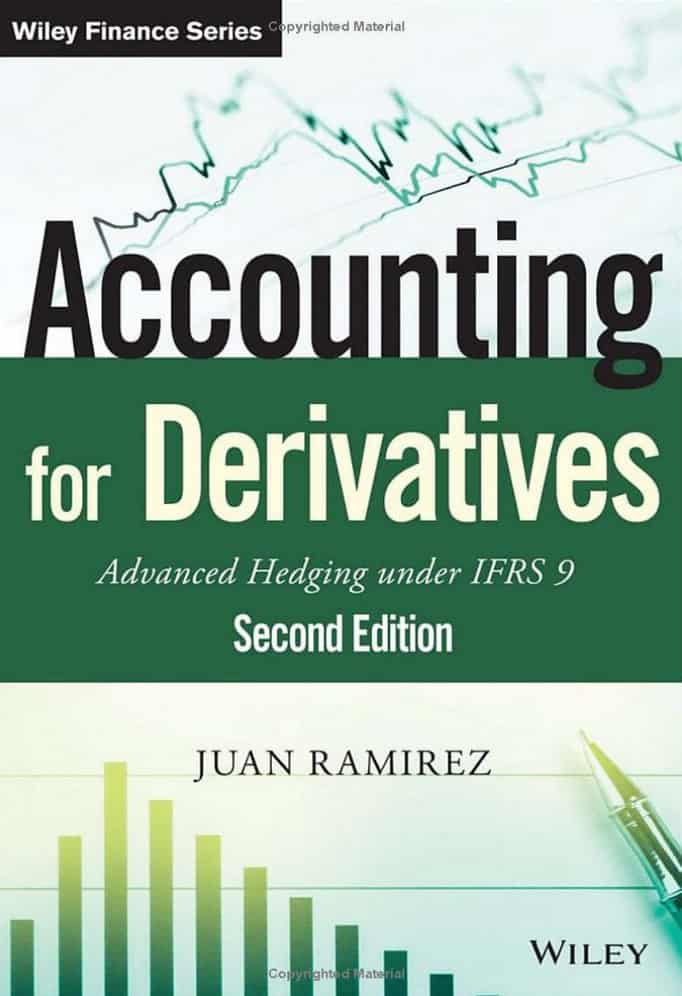
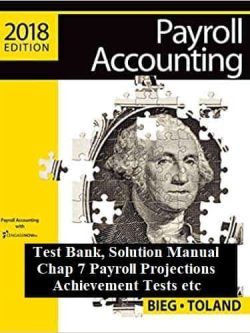
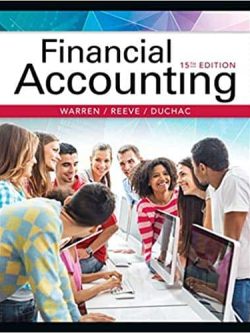
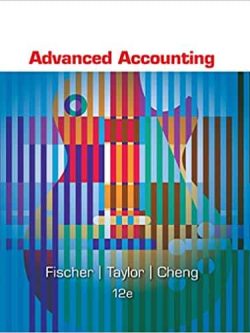
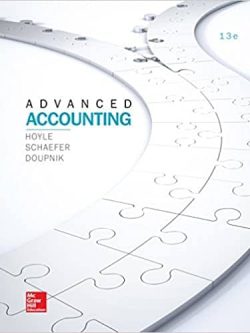






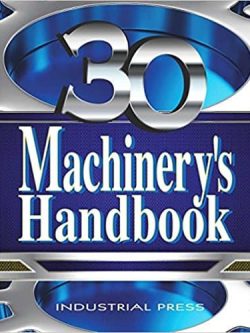
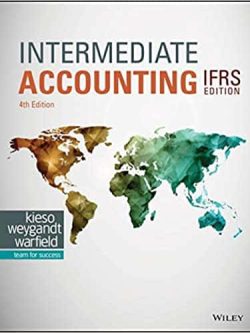
Reviews
There are no reviews yet.